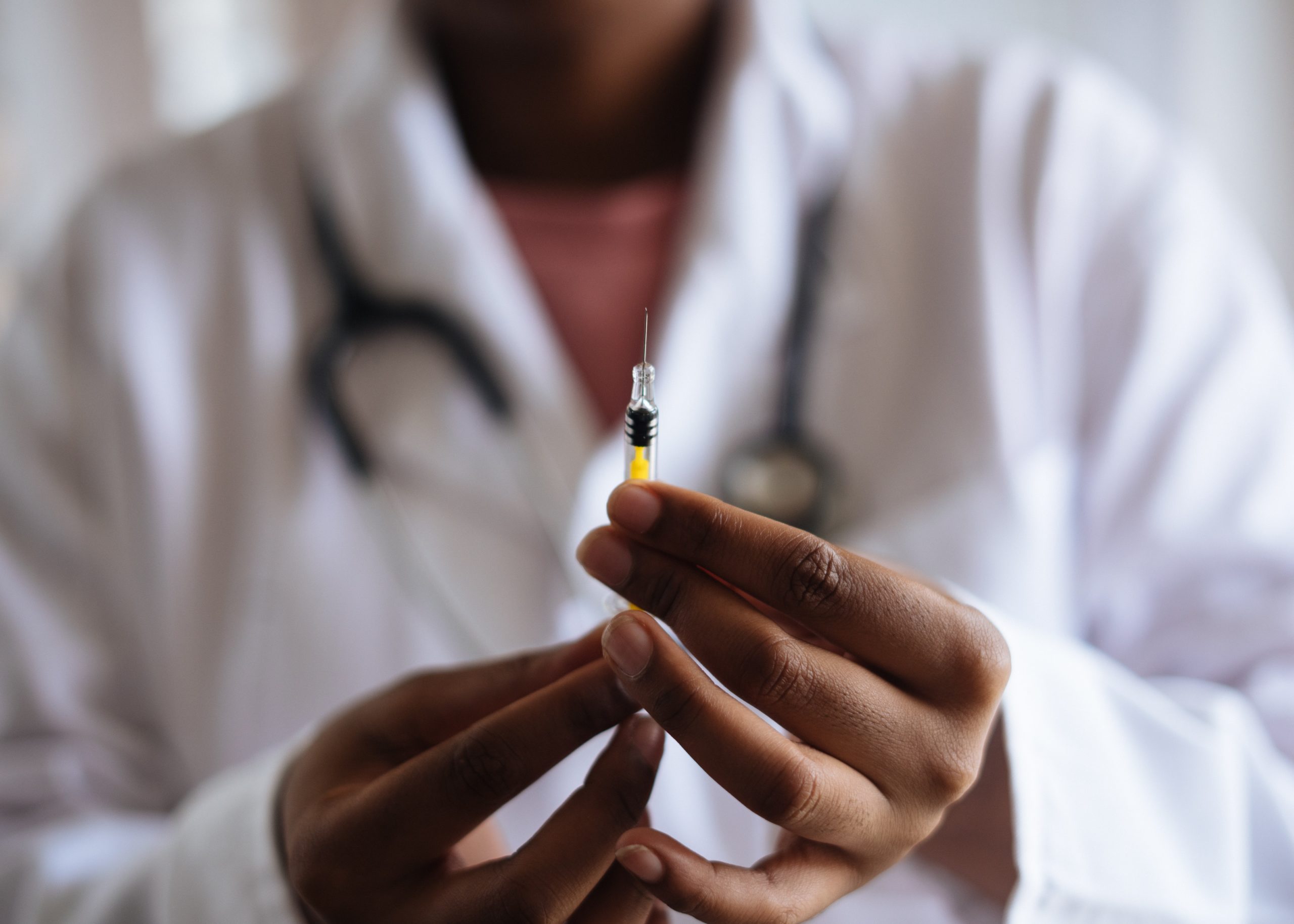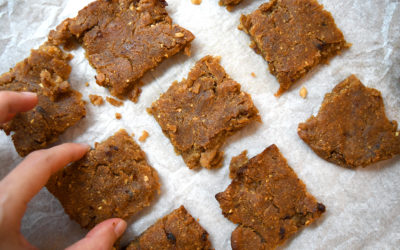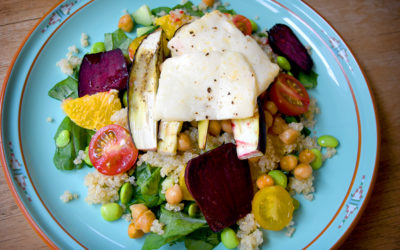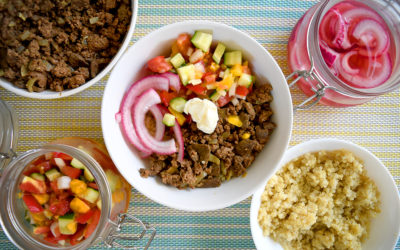My Pregnancy Journey: TTC and the First Trimester
Here’s something a bit different from my regular recipes! Navigating pregnancy for the first time has been an adventure, both ups and downs but mainly all positive with lots of learning experiences. While I’m not a expert, I wanted to share my journey and how I believe preparing the past year with healthy eating has helped me through the past few months.
First things first, the most important thing I want to tell you is that each person’s journey is different. I have friends who tried for nearly a decade, friends who went through IVF numerous times, friends who miscarried, friends who gave up then suddenly got pregnant, and friends who got pregnant on their first try. I asked lots of questions and listened to a lot of stories, mainly because I think it’s important to understand the different realities of having a child. With those stories, it’s also crucial to not compare your situation to theirs, and to also not panic or stress if your body isn’t reacting the way you want it to.
I compiled a list of questions that I had while trying to conceive (TTC) and my first trimester, that I wish I could have heard from someone at the time! Again, these are my experiences and answers based on being pregnant in Japan, and may or may not pertain to your situation. Don’t be a troll and please read with grace!
What were some things you did during TTC to help prepare your body for pregnancy?
So I didn’t even realize that I was supposed to “prepare my body for pregnancy” before all this. To be fair, some women don’t need to have that prep time. But if you’re having a longer TTC period, here are some things I did that you could look into (make sure to have proper consultation with your doctor).
- Ate the Mediterranean Diet. The Mediterranean Diet is encouraged for those who are trying to conceive – for men too! It includes lots of anti-inflammatory properties, healthy fats and polyphenols, whole foods and fiber that are all essential for proper digestive and reproductive health and to keep your immune system up and ready.
- Took prenatals. While TTC, I took folate and DHA-containing fish oil daily, and then switched to prenatal tablets when I got pregnant. I recommend taking folate instead of folic acid, or finding prenatals that include folate, as folate is the natural form of vitamin B9, and is preferred over the synthetic form which is folic acid.
- Drank a cup of red raspberry leaf tea daily. This tea contains nutrients and vitamins like vitamins A, C and E, iron, calcium and potassium. It also promotes respiratory, digestive and uterine health and has anti-inflammatory properties. I made my own tea at home with red raspberry leaf, nettle, oat straw, alfalfa powder and rosehip buds. Once I became pregnant, I omitted the alfalfa powder until the second trimester.
- Took lots of calcium by eating yogurt and drinking soy milk. Calcium is crucial for baby’s bone development – and you need lots of it as the baby is taking calcium from your body and you want to avoid osteoporosis (bones becoming brittle)!
- Hydrated. We should all be drinking more water anyway, and when you’re pregnant, your body is going to need water even more! I make sure to drink eight glasses of water a day.
- Exercised in moderation. Figure out what exercise works for you! Originally, I was running 5K x 3 a week and doing core-strengthening exercises every other day. This is where you have to listen to your body and your doctor, and figure out what works for you. I was normally very active but since nothing was happening, I reduced my exercise to walking and Pilates during the TWW (two-week wait between conception and knowing whether you’re pregnant). I don’t know if it was because of this, or just timing, but slowing down worked for me and I found out I was pregnant shortly after.
- Limited alcohol and caffeine. If you’re intaking lots of alcohol and caffeine, now would be the time to slowly wean your body off these two.
- Switched up our soaps. To be honest I’m not sure how much of a difference this made, but we changed up our shampoos and body soaps to products that were free of phthalates, parabens, sulfates, formaldehyde, propylene glycol and unnecessary dyes or gluten.

It can be overwhelming looking into all the different options out there. Gummies, prenatal pills, supplements – where to start? I’ve always had problems digesting regular multi-vitamins, especially gummies, so I searched for something that is simple without unnecessary sugar and additives. I started with basic Folate by Nature’s Way and Omega-3 Premium Fish Oil by California Gold Nutrition while TTC.
I started taking Prenatal Multi Healthy Mom by Nature’s Bounty once I found out I was pregnant. It contains 19 nutrients, including fish oil, folate, the necessary vitamins and ginger.
How long should you wait before you go to the doctor?
There’s a variety of answers out there, like if you’re over 30 and have been trying for a year, or over 35 and trying for six months. Honestly, there’s no magic number, and as you can imagine, your chances of getting pregnant don’t suddenly drop the day you turn 30 or 35 or whatever number is out there. My friend told me to think of it as a check up and so I went after around eight months of TTC. I probably would have waited a bit longer, but I had some irregularities that concerned me so for ease of mind, I decided to go.
It turned out to be so beneficial for my mental wellbeing instead of trying to guess if something was off with my body or not. I also learned a lot about what I should do to prepare my body for carrying a baby. Until then, I had relied on my Clue app and measured my BBT (basal body temperature) every day, but receiving professional medical advice confirmed I was on the right track and helped me not micromanage this whole process.

Again this really depends on how active you were before TTC. I used to be really active – running every other day, workouts at home, rock climbing, wakesurfing, diving and hiking in summer, snowboarding in winter. After nothing seemed to be happening, I got the advice to slow down. This doesn’t mean stopping exercise, but for me it was quite a drastic lifestyle shift.
During TTC and my first trimester, I took long leisurely morning walks (around 3~5K three times a week) and did planks, bridge quads, squats and prenatal stretches. I also did these stretches at night. This helped me stay strong and once the morning sickness kicked in, it kept my mind off the fatigue and hormonal mood swings I was experiencing.

Can you get the COVID-19 vaccine if you’re TTC?
Always consult your doctor first! I had a few concerns about how it could affect women who are trying to get pregnant, and the data out there was still so new, so I consulted with my doctor. When it was all clear for us to get it and didn’t interfere with ongoing check-ups and blood tests I was taking, my husband and I got vaccinated (Pfizer). I got pregnant a while after!
On this note, if you know someone who is holding off on getting vaccinated, don’t jump to conclusions as you never know what they may be going through. Maybe they’re being told to wait, like I was. We’re navigating this together, and being behind screens and going through long periods of minimal social interaction, we’ve seemed to forget basic human etiquette. Let’s all be kinder to each other.

How bad can morning sickness get?
I’m very thankful that I was able to eat throughout my first trimester, as I hear some mothers spew up whatever they take, including water. Having said that, I started having horrible nausea and fatigue from around Week 9, which lasted until Week 14 before slowly going away.
I had 0 cravings for savory food, and the thought of cooking, especially creamy sauces, oils, and deep-fried dishes, made me queasy. I had this constant dry feel and sour, almost metallic taste in my mouth. Even if I didn’t necessarily feel hungry, I would feel nauseous and my stomach would gurgle around mealtimes so I would cook myself lean meals and make smoothies. If anything, I felt like eating lots of fresh fruits and light meals. I also found myself feeling really sleepy after going out, or at odd hours of the day, and slept so early every night.
It’s really very different for each woman and each child. However if you are able to, I would highly recommend making cooking healthy at home a regular habit. Even when I didn’t feel like eating, it was habitual for me to start cooking quick, lean meals. When it got really bad, the hubby was an incredible support and basically did all the cooking and cleaning (while we were in the middle of moving as well!).

What are some books you recommend?
Aside from the popular What to Expect when You’re Expecting, here are some books I benefited from:
This book is like Freakonomics meets pregnancy books; it debunks certain no-no’s you hear about pregnancy (like is caffeine really bad for you, can you have a little sip of wine, what about raw sushi and deli meats, etc.) based on statistics and proven case studies. Eased my mind a bit and gave me a wider perspective on why certain things are allowed or not during TTC and pregnancy, instead of just accepting it as face value. This book has been updated to a 2021 version.
A step-by-step monthly guide filled with helpful tips and recipes as you go through your trimesters. I read it in one go but look back on it from time to time as I continue my pregnancy.
I’ve put together a Basic Guide to Pregnancy and Childbirth in Japan. Read below for more pregnancy-related articles!
Read More about Pregnancy
Japanese Sweet Potato Bars
Japanese Sweet Potato BarsSubtle and sweet with...
4-Ingredient Kabocha Pumpkin Pudding
4-Ingredient Kabocha Pumpkin PuddingAn autumnal,...
Candied Cocoa Nuts
Candied Cocoa NutsFix your sweet-tooth craving...
Chocolate Kabocha Layer Cake
Chocolate Kabocha Layer CakeOne of my favorite...
Halloumi Kale Salad
Halloumi Kale SaladHalloumi is a...
Beef Liver Taco Bowl
Beef Liver Taco BowlLiver doesn't get the best...







